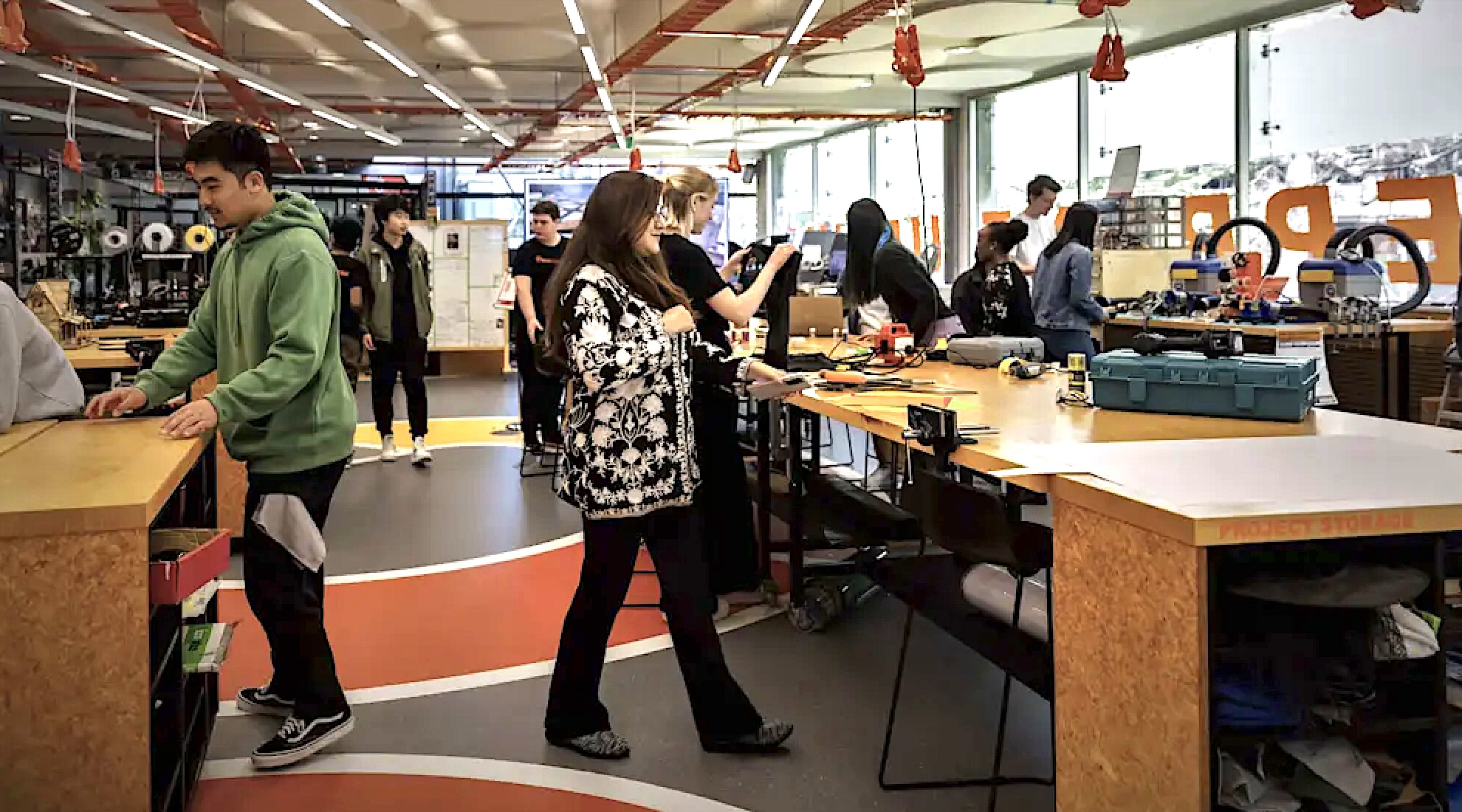Science
New Zealand Seeks Economic Growth Through Research Commercialisation

New Zealand is at a crossroads where its economic future hinges on transforming research into viable business opportunities. The latest findings from the 2024 Survey of Commercialisation Outcomes from Public Research underscore a significant potential for economic growth through innovation. The report highlights how aligning research, entrepreneurship, and professional capability can unlock value, create jobs, and enhance global competitiveness.
According to the survey, compiled by Knowledge Commercialisation Australasia, the University of Auckland stands out as a leader in this realm. The institution, along with its commercialisation arm, UniServices, leads the region with equity in **45 active spinout companies**. This marks the third consecutive year that Auckland has topped this metric. These ventures include notable names such as **Alimetry**, **Avasa**, **Zenno Astronautics**, **Kitea Health**, and **StretchSense**, all of which are making strides in sectors like deep technology and health innovation.
These companies have successfully attracted international investment and formed global partnerships, contributing significantly to New Zealand’s economy. Collectively, they employ hundreds of skilled workers and generate considerable high-value economic activity annually. This model reflects the type of growth New Zealand requires: science-driven enterprises that can scale internationally while minimizing environmental impact.
The systematic success of these ventures does not stem from mere chance; it results from a concerted effort to translate research into tangible outcomes. As the academic director of the university’s Centre for Innovation and Entrepreneurship, I witness this model in action. UniServices oversees the commercialisation process, which includes protecting intellectual property, structuring investment deals, and guiding new companies through their formative stages.
The centre emphasizes the human element, focusing on developing the capabilities of founders and teaching students and researchers how to validate ideas, understand markets, and establish sustainable ventures. This approach demonstrates that commercialisation is a skill that can be cultivated and expanded.
The importance of capability development was echoed by the **Science System Advisory Group** in its report titled **A Pathway to the Future: New Zealand’s Science and Innovation System**. The group identified the “IP-to-IPO” (intellectual property to initial public offering) pathway as a critical weakness in New Zealand’s innovation landscape. Their conclusion stresses that innovation policy should prioritize human capital as much as financial investment. To foster a high-value economy, it is essential to cultivate more researchers who are market-savvy and entrepreneurs who possess scientific knowledge.
The survey data corroborates this perspective. Across Australasia, the number of professionals engaged in commercialisation has surged at a pace that outstrips research expenditure growth. This investment in talent is yielding results: there are more spinouts, deeper industry collaborations, and increasingly sophisticated deal structures. Although licensing revenue may vary year by year, the overall number of active ventures continues to climb. This trajectory exemplifies a maturing innovation ecosystem focused on long-term capabilities rather than short-term gains.
University-originated ventures in fields such as biotechnology, artificial intelligence, and advanced manufacturing are among the highest-productivity sectors in the economy. They frequently generate multiple times the value added per employee compared to traditional small and medium-sized enterprises. These ventures diversify New Zealand’s export base, retain scientific talent, and foster knowledge-intensive clusters. For investors, a strong capability framework reduces risk; when governance is solid, intellectual property ownership is clear, and founders are credible, capital flows more readily.
Despite this progress, discussions about New Zealand’s innovation landscape often fixate on funding levels. Debates about grant allocations, research and development tax incentives, and venture capital availability can overshadow the real issue: the need for enhanced capability. Without skilled individuals to convert innovative ideas into commercial opportunities, increased funding leads only to a backlog of under-commercialised research. With the right capabilities, capital can become a transformative force.
At the Centre for Innovation and Entrepreneurship, we prioritize scaling capability development. Each year, thousands of students and researchers participate in our programmes, equipping them to navigate uncertainty, lead teams, and transform insights into actionable ventures. We ensure that aspiring founders have clear pathways, whether that leads to a startup, a licensing agreement, or a strategic partnership. This blend of entrepreneurial education and professional commercialisation fortifies New Zealand’s position as a credible source of investment-worthy innovation.
To enhance research impact, it is imperative for every university and public research institution to strengthen its commercialisation capabilities. This involves investing more in developing individuals who can bridge the gap between scientific research and business, ensuring partnerships with industry that yield tangible economic benefits. Research impact should not be viewed as a conundrum to solve but as a systematic process to scale.
New Zealand consistently claims to exceed expectations, particularly in the area of research commercialisation. The achievements of the University of Auckland illustrate the possibilities that arise when capability is treated as fundamental infrastructure rather than an afterthought. The coming decade will favor economies that can swiftly and effectively convert knowledge into value. In this landscape, capital will inevitably follow capability.
-

 World3 months ago
World3 months agoTest Your Knowledge: Take the Herald’s Afternoon Quiz Today
-

 Sports3 months ago
Sports3 months agoPM Faces Backlash from Fans During Netball Trophy Ceremony
-

 Lifestyle3 months ago
Lifestyle3 months agoDunedin Designers Win Top Award at Hokonui Fashion Event
-

 Sports3 months ago
Sports3 months agoLiam Lawson Launches New Era for Racing Bulls with Strong Start
-

 Lifestyle3 months ago
Lifestyle3 months agoDisney Fan Reveals Dress Code Tips for Park Visitors
-

 Health3 months ago
Health3 months agoWalking Faster Offers Major Health Benefits for Older Adults
-

 World3 months ago
World3 months agoCoalition Forms to Preserve Māori Wards in Hawke’s Bay
-

 Politics3 months ago
Politics3 months agoScots Rally with Humor and Music to Protest Trump’s Visit
-

 Top Stories3 months ago
Top Stories3 months agoUK and India Finalize Trade Deal to Boost Economic Ties
-

 Entertainment3 months ago
Entertainment3 months agoExperience the Excitement of ‘Chief of War’ in Oʻahu
-

 World3 months ago
World3 months agoHuntly Begins Water Pipe Flushing to Resolve Brown Water Issue
-

 Science3 months ago
Science3 months agoNew Interactive Map Reveals Wairarapa Valley’s Geological Secrets









